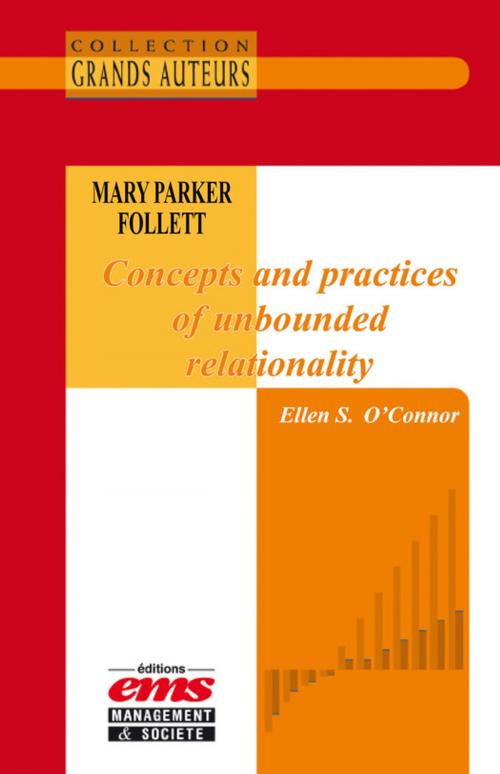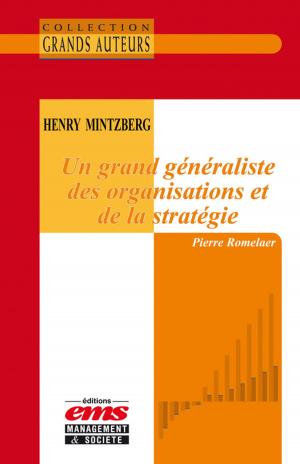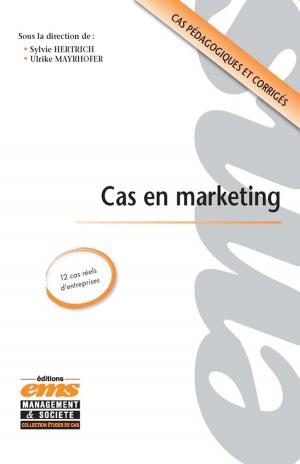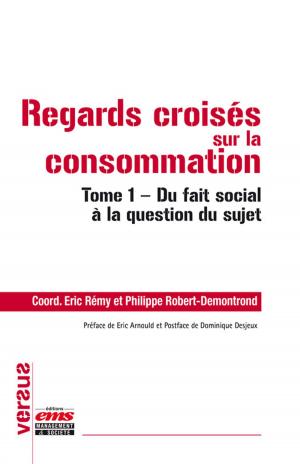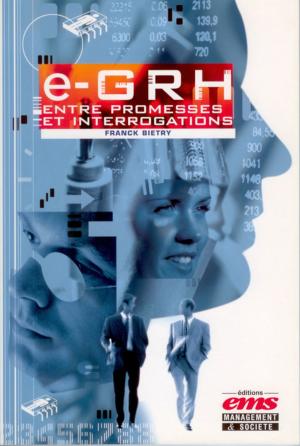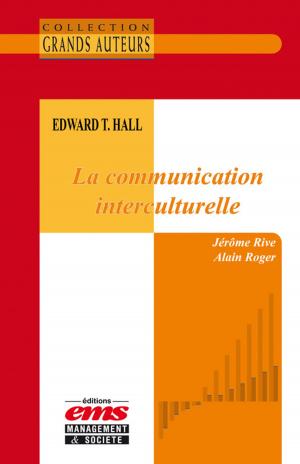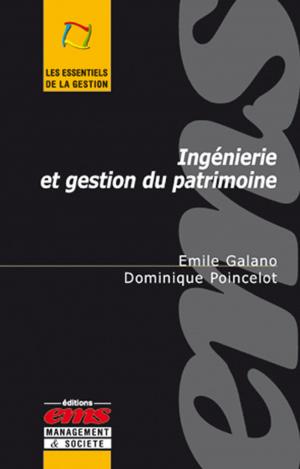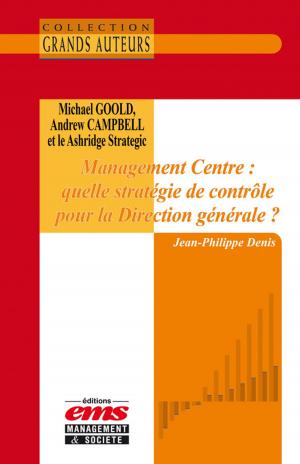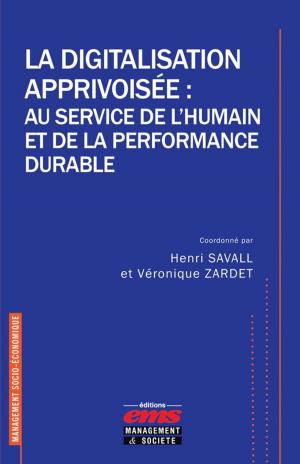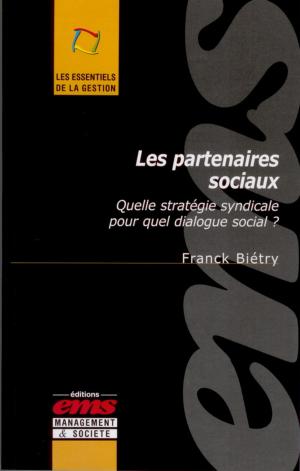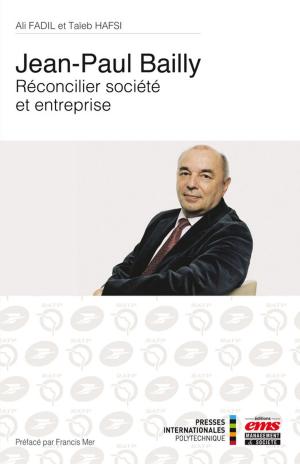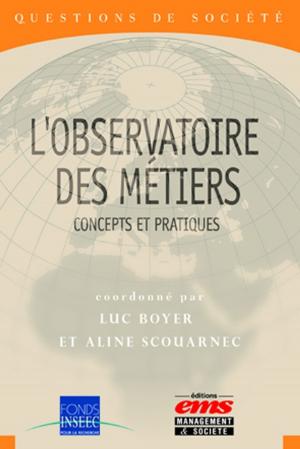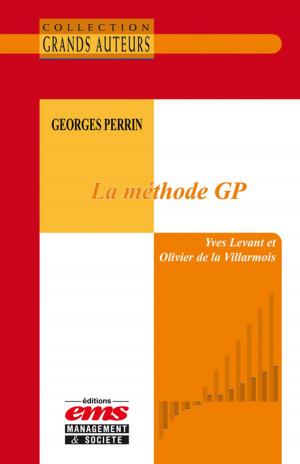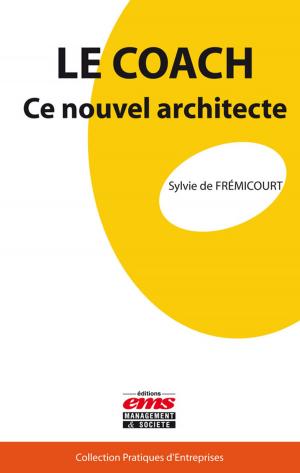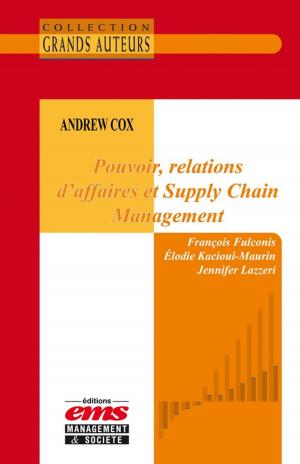Mary Parker Follett - Concepts and practices of unbounded relationality
Business & Finance, Management & Leadership, Management| Author: | Ellen S. O'Connor | ISBN: | 9782847697544 |
| Publisher: | Éditions EMS | Publication: | November 1, 2009 |
| Imprint: | Éditions EMS | Language: | English |
| Author: | Ellen S. O'Connor |
| ISBN: | 9782847697544 |
| Publisher: | Éditions EMS |
| Publication: | November 1, 2009 |
| Imprint: | Éditions EMS |
| Language: | English |
Mary P. Follett (1868-1933) is known for her theory of cooperation or what she called “coactive power.” More comprehensively, however, she theorized management as the mastery of complex processes to bring about the most desirable human achievement—creative experience (Follett, 1924). She posited management as a way of life characterized by relating or “integrating”—an interactive, emerging, and dynamic process of inquiry and experimentation leading to creative human experience per the principles of circular response (see below) and natural laws.
Follett is unique in the management field for several reasons, which prove her contemporary contributions. She resolved many of the field’s current dilemmas. First, she not only crossed the theory-practice gap with ease, but also she distinguished herself as a master of both. Second, she put together what are today two separate domains—public administration and private enterprise—under the larger category of society. Third, in contrast to the field’s current fragmented state, she developed a general theory of management attached to the sciences and an ethical framework by which “profession” meant service. Finally, her expansive philosophy and practices counteract to the contemporary emphasis on limited rationality and cognitive constraints.
Mary P. Follett (1868-1933) is known for her theory of cooperation or what she called “coactive power.” More comprehensively, however, she theorized management as the mastery of complex processes to bring about the most desirable human achievement—creative experience (Follett, 1924). She posited management as a way of life characterized by relating or “integrating”—an interactive, emerging, and dynamic process of inquiry and experimentation leading to creative human experience per the principles of circular response (see below) and natural laws.
Follett is unique in the management field for several reasons, which prove her contemporary contributions. She resolved many of the field’s current dilemmas. First, she not only crossed the theory-practice gap with ease, but also she distinguished herself as a master of both. Second, she put together what are today two separate domains—public administration and private enterprise—under the larger category of society. Third, in contrast to the field’s current fragmented state, she developed a general theory of management attached to the sciences and an ethical framework by which “profession” meant service. Finally, her expansive philosophy and practices counteract to the contemporary emphasis on limited rationality and cognitive constraints.
